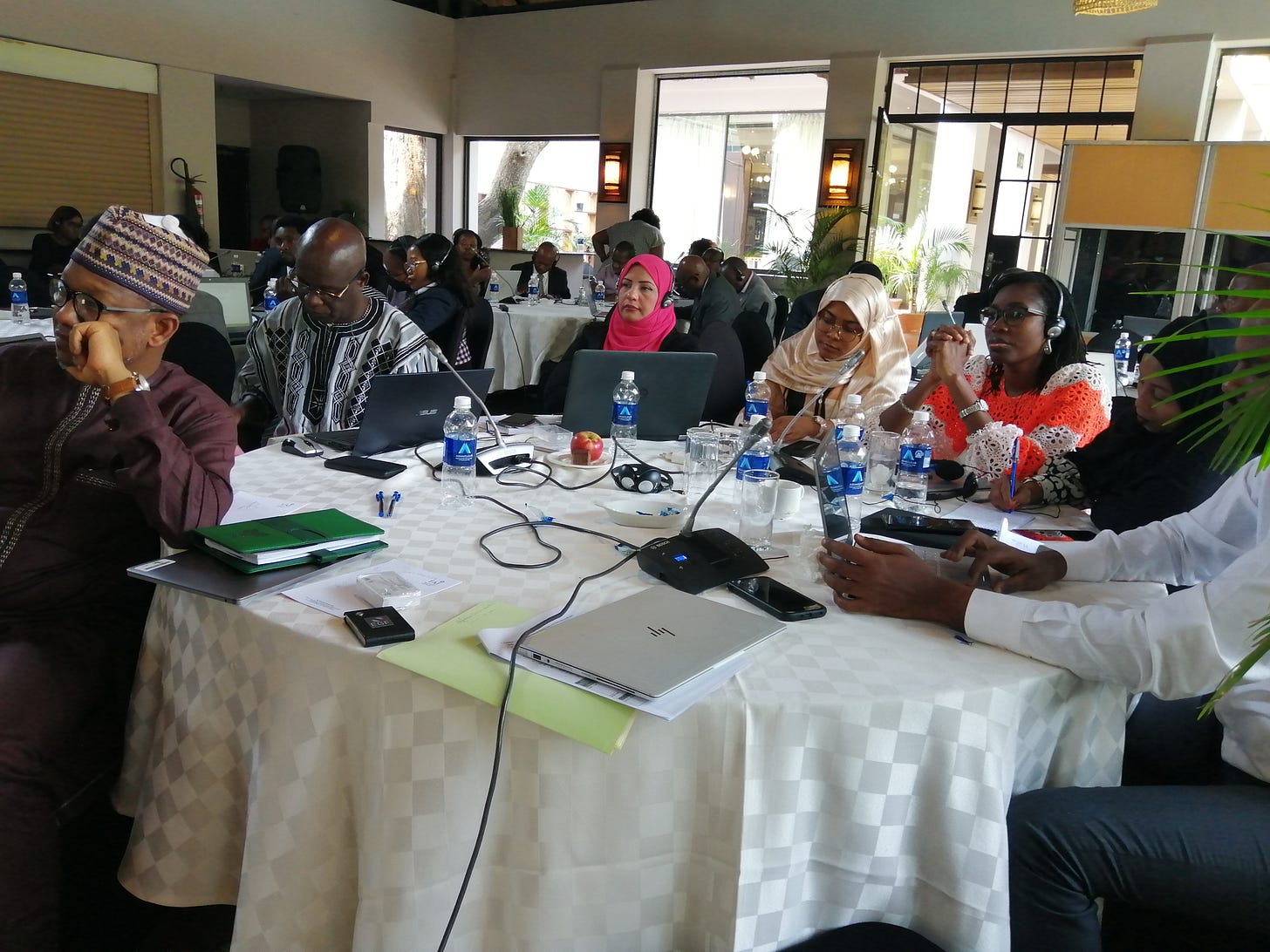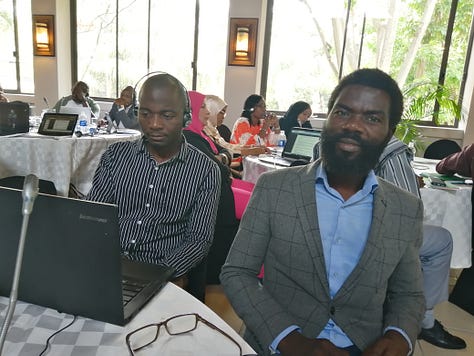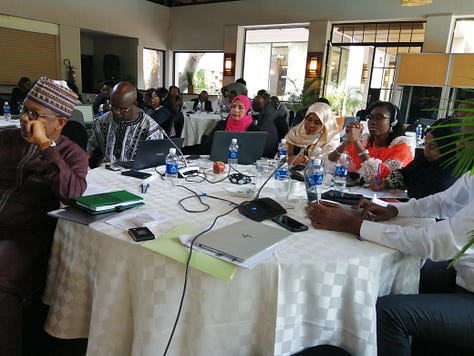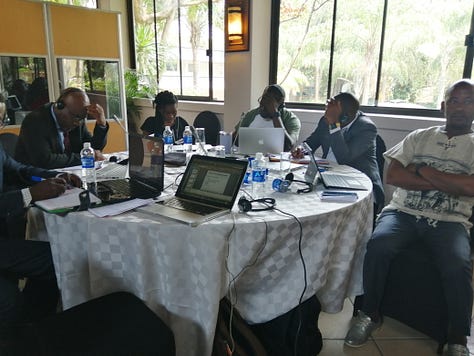AFLATOXIN CONTROL - Africa must scale-up awareness and monitoring against the vice
African experts are honing skills to domesticate African Union strategic framework for holistic aflatoxin control and raise awareness on PACA aflatoxin country-led model for replication

LUSAKA, Zambia (Planet Defence) - Delegates have convened in Lusaka to mainstream and ensure domestication of African Union strategic framework for holistic aflatoxin control into national agriculture investment plans and other frameworks for sustainable implementation in all the members states.
Aflatoxin is produced by a mould that can damage the liver and may lead to cancer infestation. It is a problem particularly in undeveloped and developing countries and chronic exposure to even low doses can lead to adverse health effects.
The Partnership for Aflatoxin Control in Africa (PACA) country-led model from 2014- 2019 piloted in six countries has proven successful as a holistic and sustainable approach towards mitigating aflatoxins. It was initially piloted in Malawi, Nigeria, Senegal, Tanzania, Gambia and Uganda.
The framework was endorsed at the 36th ordinary session of the executive council in February 2020 in Addis Ababa, Ethiopia.
In his inaugural address Clepin Josephat, National Coordinator, Tanzania Initiatives for Prevention of Aflatoxin Contamination who represented Southern African Development Community as a region economic community began his speech by underscoring Africa’s importance as a food basket for the entire world, hence the need for food safety as a requirement.
“The future of the world is in Africa and SADC has the potential to feed the continent. As such whatever we are producing should be in accordance with strict adherence to food safety,” he explained.
As such discussing strategies will help contain aflatoxin challenges and ensure both food safety, human and environment health.






Dingisawyo Shaba, Sanitary and Phyto – Sanitary Senior Officer at the Common Market for Eastern and Southern Africa highlighted not much has been in prevention and control despite the integration of 21 members state in aflatoxin contamination through trade by the regional bloc.
“We feel while investing in methods of detecting aflatoxin is important. We need to ensure we tackle the problem right at the source and prevent aflatoxin spread through mass awareness creation. We need to put this as part and parcel of the national agenda from farming and to post harvest including storage. We look forward to partner with African Union Commission and members,” Shaba reiterated in his remarks while emphasizing on awareness creation.
In his remarks Chiluba Mwape, African Union Sanitary and Phyto- Sanitary Advisor corroborated with Shaba arguing addressing food safety is also crucial in achieving continental agenda and Africa Continental Free Trade Area.
However, there is a challenge observed Mwape as chronic exposure to even low doses of aflatoxin can lead to adverse health effect.

Evidence suggests aflatoxin ingestion through contaminated foodstuffs is one of the major factors leading to deaths. Over 137,000 people die globally as a result of aflatoxin contaminatio annually, Mwape warned in his speech to send home dangers of Aflatoxin.
“Let us make sure that the message of controlling aflatoxin reaches our farmer, mothers and all the market value chain. Food is not food if it is not safe. Without addressing food safely even the Malabo declaration cannot be achieved,” he wrapped his speech.



